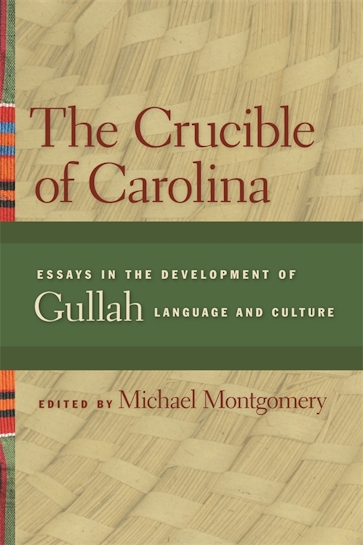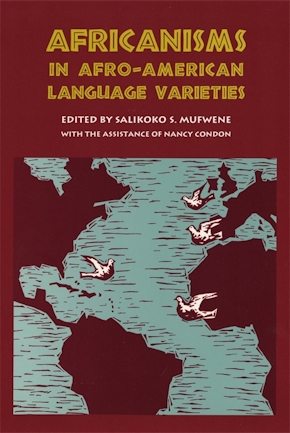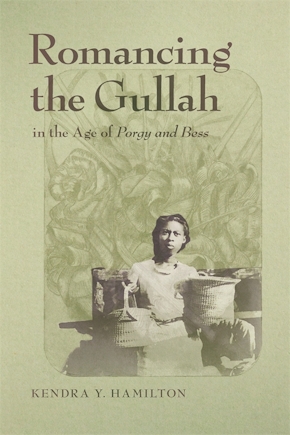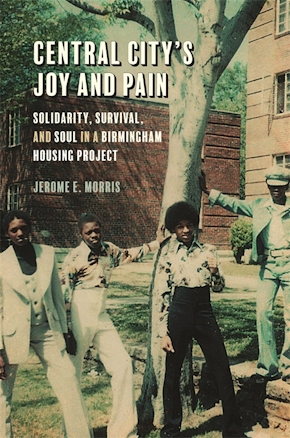The Crucible of Carolina
Essays in the Development of Gullah Language and Culture
Title Details
Pages: 252
Illustrations: 12 photos
Trim size: 6.000in x 9.000in
Formats
Paperback
Pub Date: 07/15/2008
ISBN: 9-780-8203-3115-7
List Price: $30.95
Hardcover
Pub Date: 04/01/2017
ISBN: 9-780-8203-5223-7
List Price: $88.95
Related Subjects
The Crucible of Carolina
Essays in the Development of Gullah Language and Culture
Skip to
- Description
- Reviews
- Contributors
The ten essays in The Crucible of Carolina explore the connections between the language and culture of South Carolina's barrier islands, West Africa, the Caribbean, and England. Decades before any formal, scholarly interest in South Carolina barrier life, outsiders had been commenting on and documenting the "African" qualities of the region's black inhabitants. These qualities have long been manifest in their language, religious practices, music, and material culture.
Although direct contact between South Carolina and Africa continued until the Civil War, the era of Caribbean contact was briefer and ended with the close of the American colonial period. Throughout this volume, though, the contributors look beyond the cultural motivations and political appeal of strengthening the links between coastal Carolina and Africa and examine the cost of a diminished recognition of this important Caribbean influence.
Not surprisingly, the influence of the pioneering linguist Lorenzo Dow Turner is reflected in many of these essays. The work presented in this volume, however, moves beyond Turner in dealing with the discourse and stylistic aspects of Gullah; in relating patters of Gullah to other Anglophone creoles and to various processes of creolization; and in questioning the usefulness of "retention," "survival," and "continuity" as operational concepts in comparative research.
Within this context of furthering and challenging Turner's work in the barrier islands, and in seeking a truer measure of both African and Caribbean influences there, the contributors cover such topics as names and naming, the language of religious rituals, basket-making traditions, creole discourse patterns, and the grammatical morphology of Gullah and related creole and pidgin languages. Other contributors consider the substrate contributions and African continuities to be found in New World language patterns into new patterns adapted to the various situations in the New World.
Opening new and advancing previous areas of research, The Crucible of Carolina also contributes to a further appreciation of the richness and diversity of South Carolina's cultural heritage.
A significant contribution to the study of Gullah.
—Journal of Pidgin and Creole Languages
A pleasure to read . . . Reveals the complex ways in which multiple cultures merge, and hints at the particular burden placed on the culture which is being forced to merge and yet survive.
—South Carolina Historical Magazine
Dale Rosengarten
Ian Hancock
Joko Sengova
Keith E. Baird
Mary A. Twining
Peter Roberts
Salikoko S. Mufwene
Tometro Hopkins
Patricia Jones-Jackson
Frederic G. Cassidy



